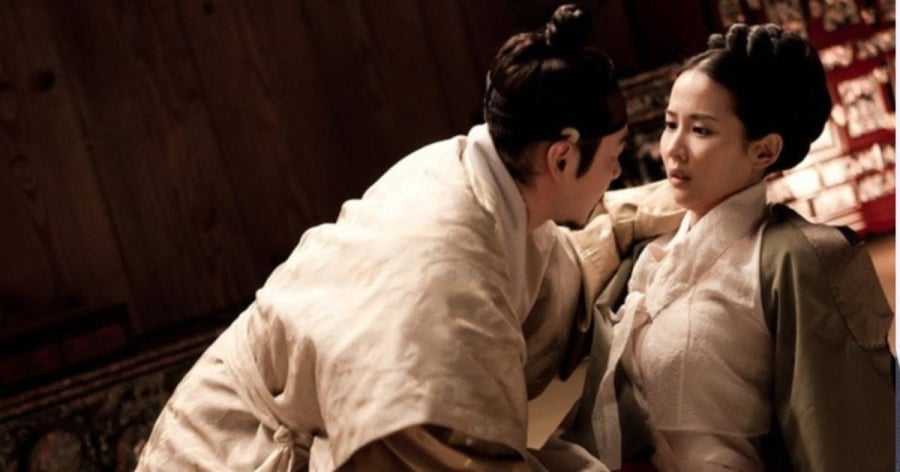## Ancient Warfare’s Unspoken Challenges: Managing Soldiers’ Wellbeing and its Impact on Battlefield Performance
In ancient times, victory in warfare often favored those with greater numbers. The quantity of soldiers in an army was deemed a pivotal factor in determining combat prowess.
However, managing a large force, sometimes numbering in the tens or hundreds of thousands, was no easy feat during marches and campaigns. Minor issues in daily life could escalate into serious troubles for the army.

The army consisted predominantly of young and middle-aged men, brimming with energy and inevitable physiological desires.
The vitality and vigor of these young soldiers brought with it a set of challenges. Unaddressed, these physiological needs could not only impact the army’s health but also negatively affect their combat effectiveness if left unchecked. So, what options did soldiers have when away at war and longing for their wives? Interestingly, this issue was contemplated long ago, and four solutions were proposed.
For the supreme commanders and generals, their elite status afforded them certain privileges. It was common for them to bring along their loved ones on campaigns to alleviate personal anxieties. While having their wives nearby facilitated the fulfillment of personal needs, it also introduced a host of complexities.
4 Solutions to an Age-Old Dilemma:
For the rank-and-file soldiers, how did they navigate their personal needs?
Firstly, in ancient warfare, there were periods of respite from the constant marching and campaigning. In the absence of active hostilities or during stable encampments, soldiers were often granted leave and allowed free movement. They could return home to visit family or seek entertainment in nearby towns.
Secondly, in ancient times, designated “recreational facilities” were established for the army, providing regulated entertainment for the troops. The women selected for these places were not only the wives of soldiers but also, at times, female prisoners of war.

Recreational facilities were a common feature in ancient military campaigns.
Thirdly, after conquering a city, soldiers were often permitted to plunder the enemy’s possessions, including their people. While this practice induced fear and was socially unacceptable, many soldiers took advantage of the opportunity to satisfy their physiological needs by capturing women from the conquered city.
Lastly, a more humane solution was encouraged—letter writing. Married soldiers penned letters to their wives, expressing their emotions and concerns. Single soldiers, on the other hand, wrote to their families, conveying gratitude and determination to fight for their homeland. This approach not only avoided causing harm to others but also boosted army morale.
How Many Calories Are in a Kilogram? Calorie Deficit to Lose Weight: How Many Calories to Burn to Lose 1 Kg?
Weight loss is a complex journey, but understanding the science behind it can make it simpler. Research suggests that for every kilogram lost, there is a deficit of 7,700 calories. This translates to a loss of 0.13 kilograms for every 1,000-calorie deficit. By understanding this calorie-weight relationship, you can strategically plan your weight loss journey and witness noticeable results.












